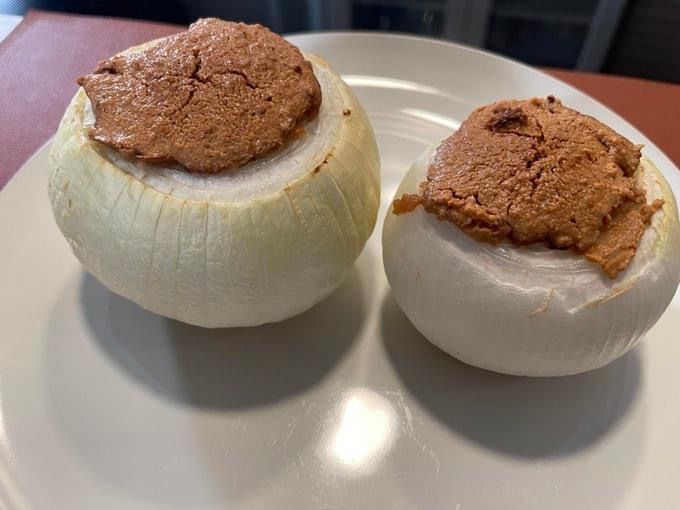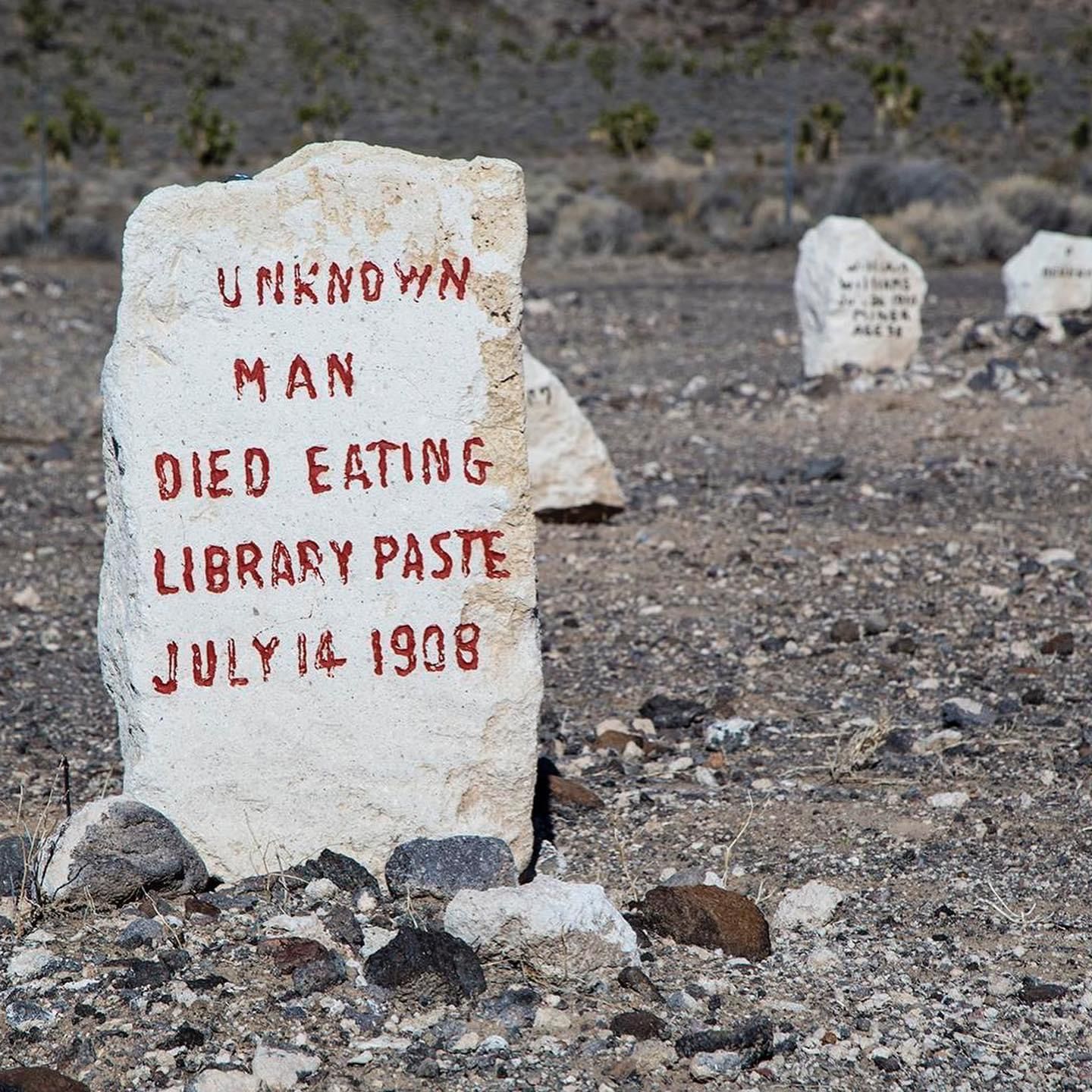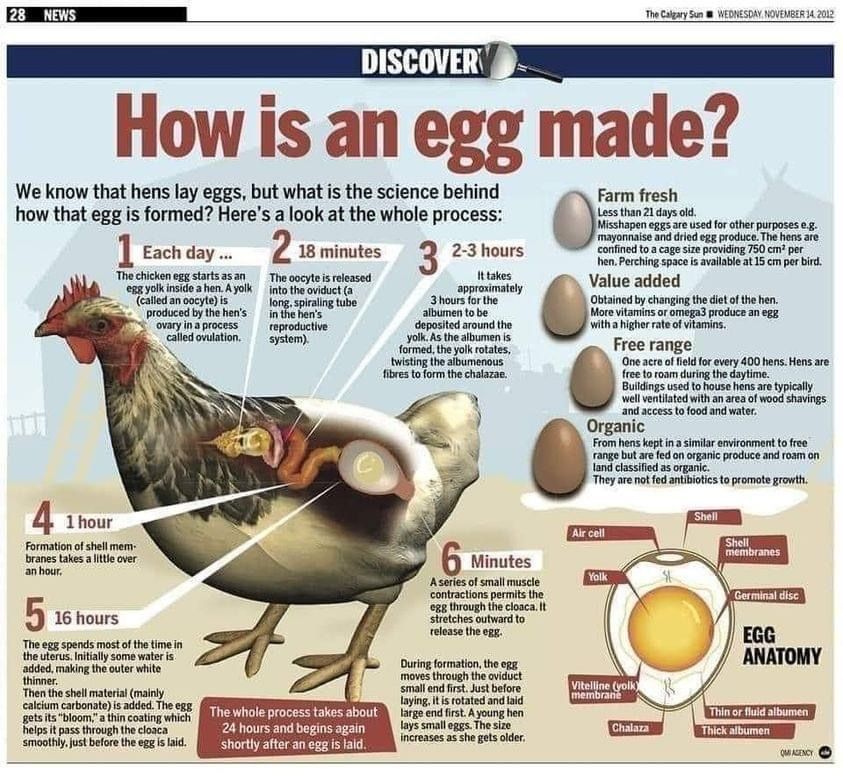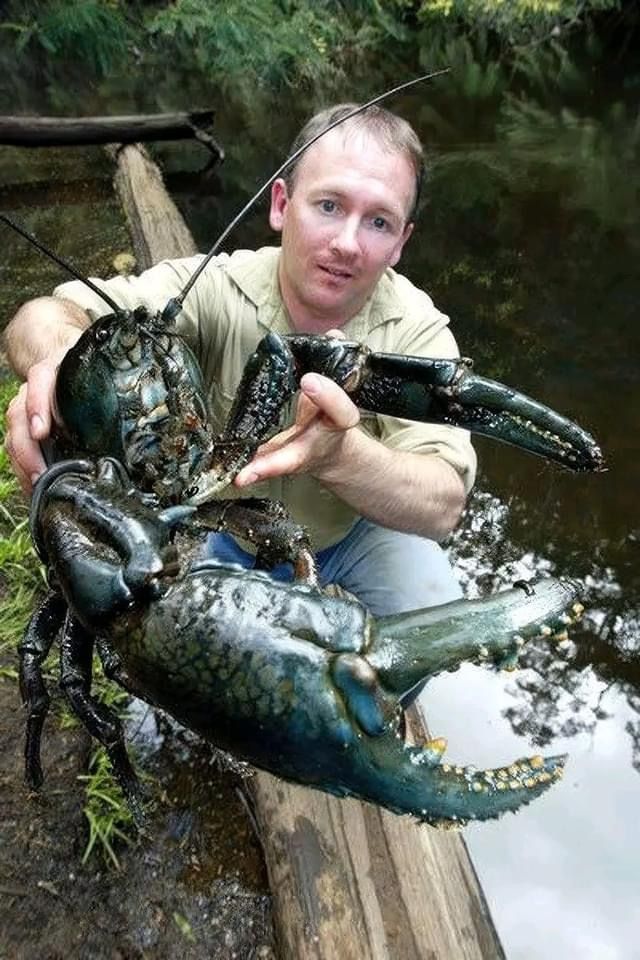Mildly interesting
-
A Timeless Note from Mark Twain About the Jewish People, published in the year 1899:
“If the statistics are right, the Jews constitute but one percent of the human race. It suggests a nebulous dim puff of star dust lost in the blaze of the Milky Way. Properly the Jew ought hardly to be heard of, but he is heard of, has always been heard of. He is as prominent on the planet as any other people, and his commercial importance is extravagantly out of proportion to the smallness of his bulk. His contributions to the world’s list of great names in literature, science, art, music, finance, medicine, and abstruse learning are also away out of proportion to the weakness of his numbers. He has made a marvelous fight in the world, in all the ages; and has done it with his hands tied behind him. He could be vain of himself, and be excused for it. The Egyptian, the Babylonian, and the Persian rose, filled the planet with sound and splendor, then faded to dream-stuff and passed away; the Greek and the Roman followed, and made a vast noise, and they are gone; other peoples have sprung up and held their torch high for a time, but it burned out, and they sit in twilight now, or have vanished. The Jew saw them all, beat them all, and is now what he always was, exhibiting no decadence, no infirmities of age, no weakening of his parts, no slowing of his energies, no dulling of his alert and aggressive mind. All things are mortal but the Jew; all other forces pass, but he remains. What is the secret of his immortality?” - Mark Twain via Humans of Judaism
-

During the Depression, onions were a common and easily grown and stored vegetable. So, they were readily available and, most importantly, free.
Meanwhile, peanut butter was also inexpensive. So, the Bureau of Home Economics devised the recipe for peanut butter-stuffed onions as an easy way for American homemakers to feed their families.
The recipe for this curious dish was published in many 1930s newspapers and magazines. It eventually found its way onto American dining tables as a healthy, tasty, simple, and low-cost meal that could be served any time of the day.
The mishmash consisted of baked onions with peanut butter filling mixed with stale bread crumbs. These ingredients came together and created a distasteful and disliked dish that people only ate to fill their hungry stomachs.
-

During the Depression, onions were a common and easily grown and stored vegetable. So, they were readily available and, most importantly, free.
Meanwhile, peanut butter was also inexpensive. So, the Bureau of Home Economics devised the recipe for peanut butter-stuffed onions as an easy way for American homemakers to feed their families.
The recipe for this curious dish was published in many 1930s newspapers and magazines. It eventually found its way onto American dining tables as a healthy, tasty, simple, and low-cost meal that could be served any time of the day.
The mishmash consisted of baked onions with peanut butter filling mixed with stale bread crumbs. These ingredients came together and created a distasteful and disliked dish that people only ate to fill their hungry stomachs.
-
Thanks Mik…I’ll never eat another egg again…
-
@George-K said in Mildly interesting:
You know, Rick Barry was insanely good. He wslas one of the greatest to ever play. His name should be up there with Kareem Abdul Jabar and such. Yet all anyone can rem bee about him is his free throws…
-

Some of you zoomed in to pick up on the grave behind the one we posted about yesterday, and spotted what’s probably the most well known headstone in the old Goldfield, Nevada cemetery. The story behind what lies beneath that stone is a lot more sad than the message on it that often conjure up a bit of macabre humor. That story goes about how a drifter came to town and he was hungry when he arrived. Penniless, the man sought out the dumpsters of the Nevada gold mining town, and there he found a jar of library paste. Now, it’s important to note that the paste once used to bind the pages of a book was a mix of flour and water, so it really wasn’t all that much different than say something like raw pancake mix. The trick was that this stuff also contained a large amount of alum, and enough of it to poison this poor old boy who was just looking to fill his belly after wandering about Nevada and drifting into town.
His name now lost to time, all that was found to potentially identify him was a letter in his pocket addressed to someone named Ross. We have no idea where that life started, nor what he did along the way, all we know of him is that he died from eating library paste, and his story now lives for all time..
-
-
-
-
Musical knives... These were used in the 16th century, mainly in Europe. These knives were engraved with musical scores along the blade and were used during banquets and parties. Each knife had a part of the engraved music corresponding to a specific vocal range (such as soprano, countertenor, tenor, bass), allowing guests to sing together before or after meals. These knives are a fascinating example of the intersection between art, music, and cuisine in European history.

-
A 10,000-year-old skeleton - the oldest known Briton - was found inside a cave in Cheddar, England, and was nicknamed "Cheddar Man". His DNA was tested and it was concluded that a living relative was teaching history about half a mile away, tracing back nearly 300 generations. What is more, they seem to share facial features too!
Full story: https://bit.ly/4cTqvQH



